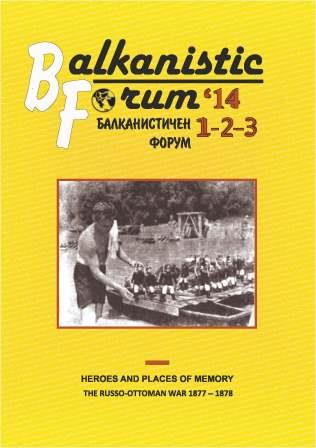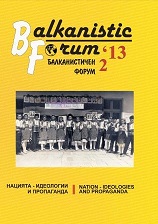
The Russian Military-Religious Memory about the Russo-Ottoman War 1877 – 1878
The authors research the Russian Orthodox tradition of military churches functioning as churches, military museums and often graveyards. The regiment churches related to the Russo-Ottoman War of 1877 – 1878 constructed between 1878 and 1913 are analyzed. Their memorial character is related to the practice that such churches were devoted to the saints celebrated in the days of the military units’ victories. It is reflected in the choice of subjects of the wall paintings; the choice of icons in the iconostasis; displayed memorial objects such as relicts, regiment banners, parade uniforms of Emperors and Grand Dukes, weapons, medals, memorial signs (special ribbons, hats), trophies taken from the enemies in successful operations (fortress keys, banners, weapons), icons and church plates from the camp church of the regiment.
More...
